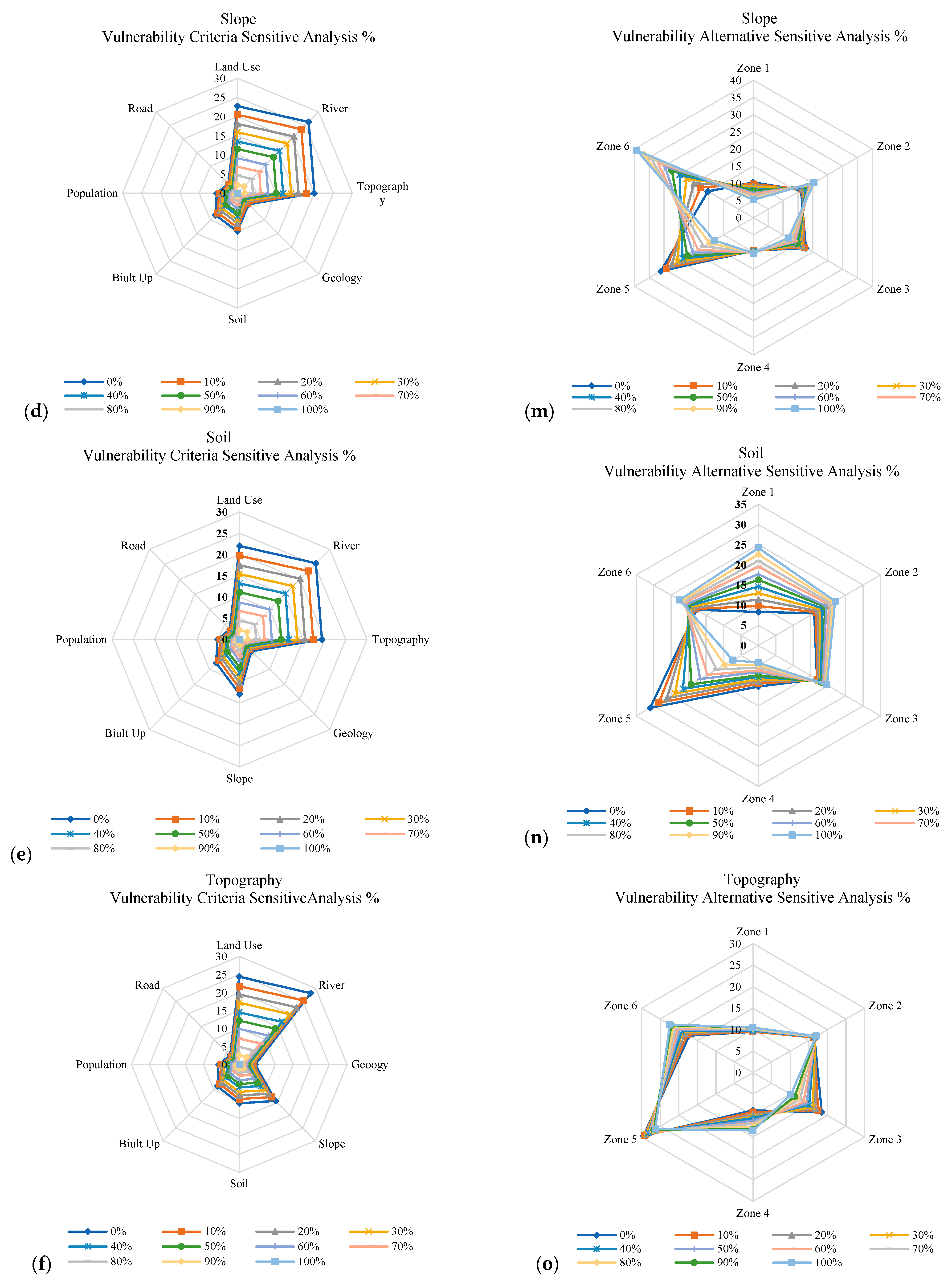

Will the results change if I change the method of analysis? Will the results change if I change the definition of the outcome (e.g., using different cut-off points)? How confident can I be about the results?
#Expert choice sensitivty analysis trial#
For a primary analysis of data from a prospective randomized controlled trial (RCT), the key questions for investigators (and for readers) include: An astute researcher or reader may be less confident in the findings of a study if they believe that the analysis or assumptions made were not appropriate. The credibility or interpretation of the results of clinical trials relies on the validity of the methods of analysis or models used and their corresponding assumptions.

When reporting on a clinical trial, we recommend including planned or posthoc sensitivity analyses, the corresponding rationale and results along with the discussion of the consequences of these analyses on the overall findings of the study.
#Expert choice sensitivty analysis how to#
In this paper we will provide a detailed exploration of the key aspects of sensitivity analyses including: 1) what sensitivity analyses are, why they are needed, and how often they are used in practice 2) the different types of sensitivity analyses that one can do, with examples from the literature 3) some frequently asked questions about sensitivity analyses and 4) some suggestions on how to report the results of sensitivity analyses in clinical trials. The current paper is the second in a series of tutorial-type manuscripts intended to discuss and clarify aspects related to key methodological issues in the design and analysis of clinical trials. They are a critical way to assess the impact, effect or influence of key assumptions or variations-such as different methods of analysis, definitions of outcomes, protocol deviations, missing data, and outliers-on the overall conclusions of a study. Sensitivity analyses play a crucial role in assessing the robustness of the findings or conclusions based on primary analyses of data in clinical trials.


 0 kommentar(er)
0 kommentar(er)
